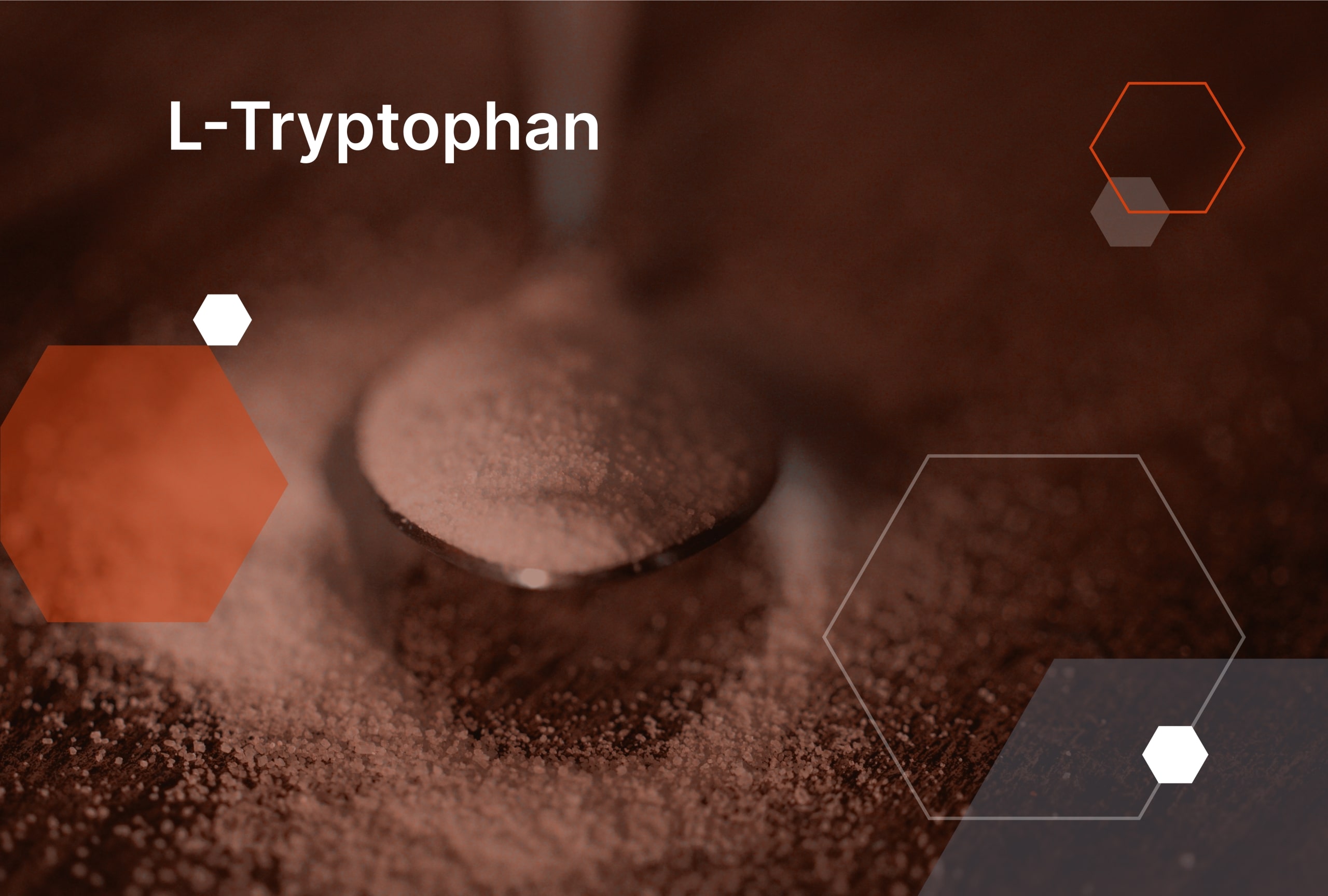Ergoloid Mesylates

Developed by Albert Hofmann, Ergoloid Mesylates or co-dergocrine mesylate (better known for its brand name Hydergine) has been used for some time to helps relieve the symptoms of dementia. Other people also use this to help in the recovery after a stroke.
What is Ergoloid Mesylates?
Ergoloid Mesylates is a nootropic prescribed to people suffering from dementia as it helps relieve signs and symptoms of decreased cognitive capacity brought about by dementia due to aging. Doctors may also prescribe it for other uses along with other types of medications.
Ergoloid Mesylates Benefits
As a person ages, the levels of certain chemicals that help carry messages around the brain, or the neurotransmitters, will start to decrease. As a result, certain parts of the brain usually become affected- specifically those that help control cognitive or intellectual functions such as thought, memory and language. These decreases could eventually become severe enough to interfere with one’s everyday functions. Therefore, it is through the aid of the Ergoloid Mesylates that brain activity in these affected areas of the brain could be increased once again. It usually takes a few weeks for the nootropic to achieve its full effect.
Ergoloid Mesylates Side Effects
Ergoloid Mesylates could result in various allergic reactions such as hives, itching and rashes, swelling in the face, lips, throat or tongue and difficulty in breathing. Taking the nootropic could also result in other side effects such as upset stomach, (which could be prevented by eating food or drinking milk when taking Hydergine), vomiting, loss of appetite, stuffy or runny nose, flushing, lightheadedness or irritation under the tongue.
How Does Ergoloid Mesylates Help Brain Function?
Although Ergoloid Mesylates has been used for quite some time to help patients with dementia, it is still unclear exactly how it acts on the body. Studies suggest, however, that the use of the nootropic shows a more pronounced effect on certain parts of the brain. The hypothalamus and cerebellum are typically affected, especially among the elderly. This Ergoloid Mesylates also affects the hippocampus among adults. The monoamine oxidase (MAO) levels among the aged can reduce synaptic neurotransmission thus the use of Ergoloid Mesylates can help modify this in certain areas of the brain.
Wondering about which brain supplements contain Ergoloid Mesylates? Take a look at our brain supplement reviews!



